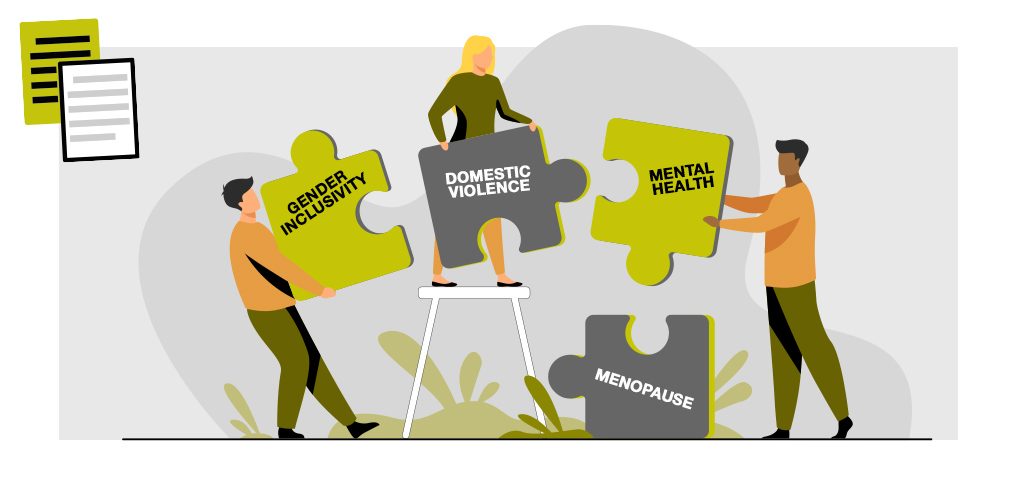
Salon Culture – What About It?
The culture of your salon environment is a powerful thing and the atmosphere you create undoubtedly influences the clients you attract. But we’re not only talking about your interior design or the food you serve – it should go deeper than that. From the conversations you’re having about mental health to the actions you’re taking to be gender inclusive – there are principles that will determine how your salon is run and perceived by all, most importantly by your staff and customers.
But a culture shift won’t happen overnight, nor should it. In order for effective implementation, it’s important to take time, run a few trials, listen and take onboard feedback… What’s crucial is being prepared to ACT – to walk the talk, about the changes you want to make, when you are ready.
In the May issue of Creative HEAD we published ‘The Culture Change Clubs’ – a piece about the power of conversation in the quest for culture shifts in salon. Here on the HUB, we’re sharing four key takeaways to help you start your journey to improvement:
GENDER INCLUSIVITY
The LGBTQIA+ community should feel welcome and safe within all salon and barber shop spaces, but unfortunately this is not the case. And this must be addressed. We spoke recently about the importance of gender inclusivity on the HUB, so for more on the topic and for a list of starting points, check out the article here. Whether it’s wearing pronoun badges in the salon, as created by Sophia Hilton from Not Another, or removing gender from your pricing list and amending your online system to remove certain labels and gender references, there are plenty of tweaks you can make to help create a more inclusive experience. For further training, Hair Has No Gender offers online Trans Awareness Training for the hair, nail, and beauty industry (with a percentage of sales donated to transgender charity, Sparkle).
MENTAL HEALTH
It’s no secret: mental health issues are all around us, with the lasting effects of a tumultuous few years helping to bring more attention to the real challenges experienced by so many. Hairdressers and barbers are in a powerful position, due to the interaction with multiple people on a daily basis, so it’s important your space allows for and positively promotes conversations around mental wellbeing. Taking steps to ensure this may start with equipping employees with the skills to manage a long list of mental health issues and this can be done through Mental Health First Aid courses, which can qualify candidates as a workplace Mental Health First Aider.
Psst! We’ve been advocating for prioritising mental health and wellbeing here on the HUB for a while… from targeted resources for the hairdressing community to a bite-sized meditation session exclusively for HUB members, browse the site for these important resources.
MENOPAUSE
The dialogue on menopause has only recently become more mainstream – and rightly so, with an estimated 13 million women in the UK* going through menopause right now. However, there’s still a way to go to educate the ill-informed and raise awareness of the negative effects menopause can bring.
Being freshly informed on the topic and debunking any myths is a great starting place. This is where Paused for Thought comes in. A nationwide campaign developed by celebrity hairstylist Matthew Curtis, alongside world-leading menopause doctor, Louise Newson, the initiative aims to train hairdressers across the UK about the reality of menopause and equip staff with the power to signpost the correct help and guidance.
DOMESTIC VIOLENCE
Knowing how to appropriately address situations and conversations around the topic of domestic violence has never been more important. The pandemic and associated lockdowns have exacerbated this issue and its estimated one in four will experience domestic violence in their lifetime. So, knowing how to spot telltale signs, as well as how to support someone in a terrifying and often complicated position, could make a real difference.
To get started, check out Shear Haven, in association with Barbicide, which offers online training to help recognise the signs of domestic violence, guidance on how successfully to navigate conversations with clients who may be in danger, and tools and resources to help your client get to safety.
For the full feature on ‘The Culture Change Clubs’ and more action points you can read the digital issue HERE
